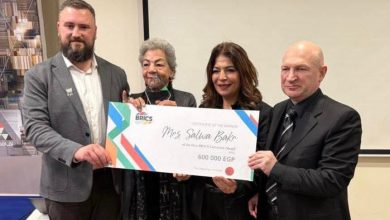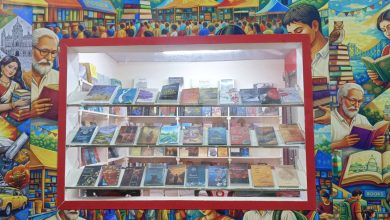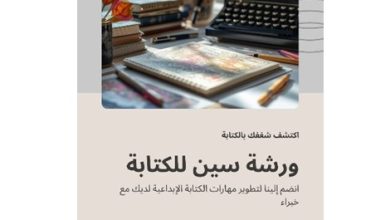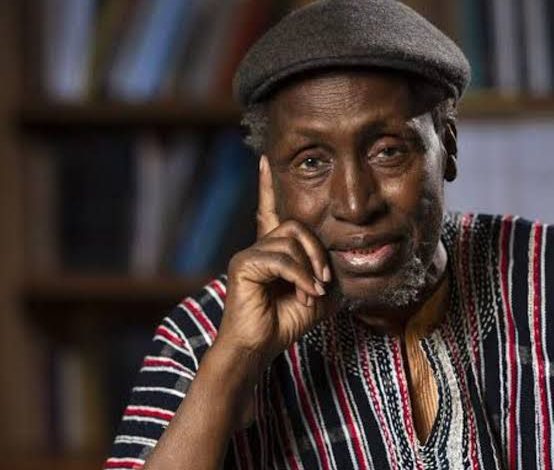
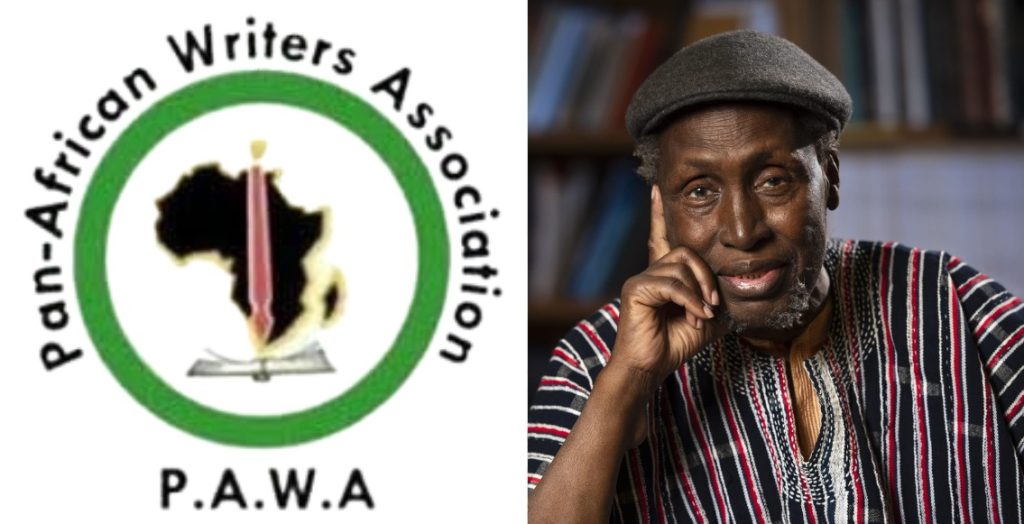 More than two years have passed since I last corresponded with Professor Ngugi Wa Thiongo, trailblazing novelist, playwright, essayist and scholar as well as a fearless advocate for linguist and cultural liberation who sadly passed away on May 28 2025 at the age of 87 years.
More than two years have passed since I last corresponded with Professor Ngugi Wa Thiongo, trailblazing novelist, playwright, essayist and scholar as well as a fearless advocate for linguist and cultural liberation who sadly passed away on May 28 2025 at the age of 87 years.
My initial communication with this literary savant had been productive, leading to his acceptance on June 26 2021 as the second Guest Speaker in the Pan African Writers Association (PAWA) ‘Conversation with Veteran Writers Series’. Professor Wole Soyinka, the Nobel laureate in Literature had preceded him as our first Guest Speaker on May 12 2021 when he was interviewed by Wiebe Boer, a German author and Africanist.
During the very important virtual meeting with Ngugi, more than 200 African writers linked up to the event which was moderated by the well- known novelist and scholar, Professor Okey Ndibe.
In his remarks, Ngũgĩ wa Thiongo explored the burden of vernaculars in the context of postcolonial Africa, arguing that language is intrinsically linked to culture and identity, and that the suppression of native languages by colonizers is a form of cultural subjugation. He then went on to advocate for the writing in vernacular languages as a means of decolonizing the mind and reclaiming cultural autonomy.
As one of the leading voices in championing African vernaculars as vehicles of social and cultural identities, Ngugi wa Thiongo had used his own native language, Gikuyu to promote his writings for close to six decades.
It was this long engagement with the promotion of African literature in indigenous languages that gave Ngugi, the respect and honor among international literary and language experts.
Regarding the Nobel Prize in Literature which many people thought would one day be bestowed on him, he was quoted as saying; ‘’ I am not a member of the academy. I don’t know what’s going on in their heads. So, I leave that to them. What I care about, for me, personally, is the fact that there are so many people all over the world, including African people, who, as a result of reading my books, think, in their own views, that I am worth the Nobel Prize. So, that’s very touching, because they are saying, if I was giving the Nobel, they would have given it to you. That’s very touching. That one, I like’’
It is late in the day as I write these lines in the coastal town of Apam in Central Ghana where I have come to spend a few days.
Outside the window of my chalet in the beach resort where I lodged, the crashing sounds of the rolling waves of the Atlantic Ocean came to me like the evocative strains of a funeral dirge. They echoed far into the approaching twilight where fishermen in canoes could be seen preparing to go to sea for their overnight task.
Earlier in the day, I had donated some English story books to some very excited children of the fishermen.
As I turned to go, I was called back by an elderly man with the resilient face of a seasoned fisherman who also wanted a book. He wanted a book in his native language.
Unfortunately, I couldn’t give him one because I only had books in English.
That was when the words of Ngugi Wa Thiongo in his last email of May 2023 came back to me;
‘’Dear Wale. I am glad to hear that you are thinking of celebrating the current Nobel Laureate from the continent. The Nobel is huge and congratulations to Abdulrazak Gurnah.
However, I really hope that your conference at Makerere will NOT be a repeat of the 1962 which spelt a literary disaster for the continent. If you want to celebrate Euro-African literature, please go ahead. But African literature is that literature written by Africans in African languages.
PAWA should really rethink its mission. It is African languages which are in need of its writers and intellectuals. But our intellectuals, me included, have become prisoners of English and French. We seem to be working hand in hand with British and French governments in promoting English and French languages. English and French literature are multi-trillion dollar industries for Britain and France. Don’t you think it is time that PAWA did something for the continent?’’
As I recalled these poignant words of the literary sage, I could not but agree that PAWA and all African writers need to do something to promote African Literature in Indigenous Languages. It is the least we can do to honor the departed and revered soul of Ngugi Wa Thiongo.
May his soul rest in perfect peace.

